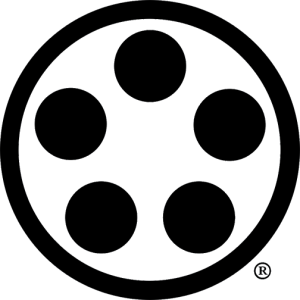Become Good at Being Good: Movement Towards Mastery
What do you want to be good at?
Do you want to be a good spouse, parent, sibling, or friend? What about your work, business relationships, or continuing education? Are you a student? Do you have hobbies? What about life skills such as financial management, driving, entertaining, shopping, and cooking? There does not seem to be enough time in the day or perhaps even in a lifetime to master each of these skills.
Become good, at being good.
The common denominator in each of these endeavors is you, the human. Becoming good at being good means mastering the fundamental tool: yourself. Become aware of how the human condition exists and functions. Learn to operate with it, not by it. Logically, as you improve yourself, you reduce the workload of learning new or improving existing endeavors.
As Lau Tsu, the Chinese philosopher who lived around the 6th century BCE, stated, "Knowing others is intelligence; knowing yourself is true wisdom. Mastering others is strength; mastering yourself is true power."
Mastery of an ability or act is merging four domains into one. The human who does the thing, the tool the human works with, the environment, and the thing itself. The greater the degree of organization and efficiency of humans in this pursuit, the purer the output will be.
At the highest levels, the person doing the thing, the tool, the environment, and the thing itself become indistinguishable. There is only now, awareness of awareness recedes, the structure of time collapses; crystalline experience.
The aftermath: Exaltation.
Being a part of a moment like this is one of the reasons we enjoy attending live athletic and music events. When mastery occurs, it has the ability to transport all who are present into that crystalline experience. In the aftermath, when the realization of what transpired sets in, joy erupts, compounded by the multitudes sharing the same state.
While sporting and artistic experiences may be incredible, the zenith is experienced when life itself is at stake and other humans are trying to take it from you; it is the domain of the warrior and the reason why lessons learned on the field of combat imbue civilian life.
It's not the act, but the experience.
As stated by Fredrick Lovret in his seminal treatise on strategy and the mindset or condition of existence to step forward into the unknown and win, The Way and The Power:
“It is not that the wolves of the human race love the act of war itself--that is madness. What they find terribly addictive is the result of war. Winning, achieving a glorious victory, satisfies a primal urge.”
We are experiential beings, and victory is sweet. This is the same for soldiers, businesspeople, athletes, and students. Once experienced, one is left wanting. The circle repeats itself.
Conclusion
The four domains of mastering an endeavor are the human, the tool, the environment, and the act itself. By mastering the human condition and applying this across multiple skill sets, you reduce the workload. As you experience success, the result is addictive; you naturally want more, and the wheel turns.
The End


